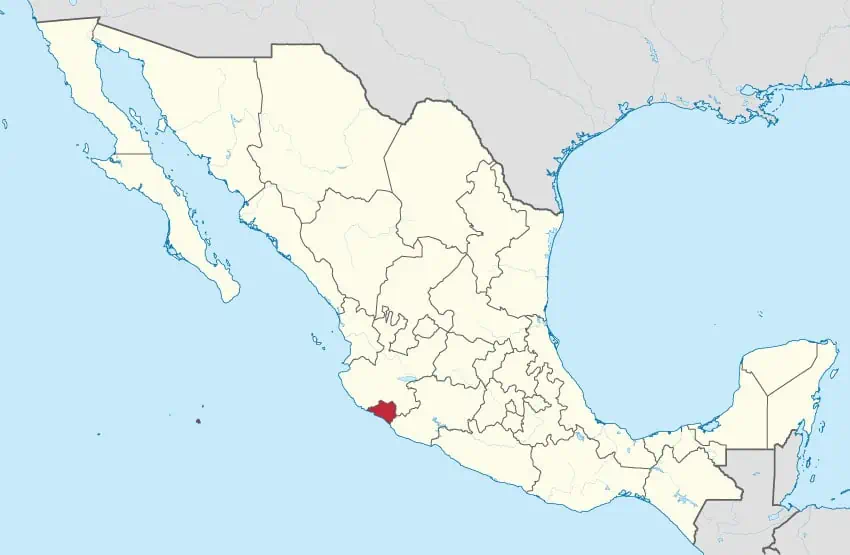More than 70 years of uninterrupted Institutional Revolutionary Party (PRI) power in the small Pacific coast state of Colima will come to an end later this year after a Morena party candidate triumphed at Sunday’s election for governor.
The PRI, which ruled Mexico for much of the 20th century in what Peruvian novelist Mario Vargas Llosa described as a “perfect dictatorship,” has been in office in Colima since 1949.
But its candidate for governor, Mely Romero Celis, who ran on a ticket supported by the National Action Party and the Democratic Revolution Party, was defeated in Sunday’s election by Morena-New Alliance aspirant Indira Vizcaíno Silva, who attracted about 33% of the vote, according to preliminary results.
Vizcaíno, a lawyer, former federal government delegate and ex-federal deputy, will take office on November 1, becoming Colima’s second female governor after Griselda Álvarez, who governed between 1979 and 1985 as Mexico’s first female governor.
So what went wrong for the PRI after 72 years in power? Its failure to contain violence.

Colima has been one of the most violent states in Mexico in recent years, regularly ranking first among the 32 states for its per capita homicide rate. The state is home to Mexico’s most important port, Manzanillo, which attracts cartels that use the facility to import narcotics and other illicit goods, including precursor chemicals from Asia that are used to manufacture synthetic drugs such as fentanyl and methamphetamine.
The high homicide rate in Colima is largely attributed to the presence of cartels, who fight each other for control of a small but lucrative state that is wedged between two other notoriously violent states, Michoacán and Jalisco. The PRI state government’s inability, or unwillingness, to crush the cartels and consequently reduce the high levels of violence was likely a key reason for many voters’ rejection of the party in Sunday’s election.
Two high-profile cases last year serve as compelling evidence of just how bad things have become in Colima, once considered one of Mexico’s safest holiday destinations.
In early June 2020, the body of Francis Anel Bueno Sánchez, a 38-year-old Morena party legislator, was found days after she was abducted, while about two weeks later, a judge and his wife were murdered in front of their children in their Colima city home. Uriel Villegas Ortiz handled drug trafficking and other organized crime cases, delivering judgments in several cases involving senior Jalisco New Generation Cartel and Sinaloa Cartel leaders.
Further tarnishing the reputation of Colima is that numerous clandestine mass graves have recently been found there and that the state has a serious femicide problem.
That voters would be fed up with the rampant violence in their state and dissatisfied with the PRI for failing to combat it is not surprising.
But whether Morena — which as Mexico’s ruling party since 2018 has been unable to reduce the nation’s sky-high homicide numbers — can bring the change to Colima that voters are looking for remains to be seen.
With reports from El Universal (sp)
